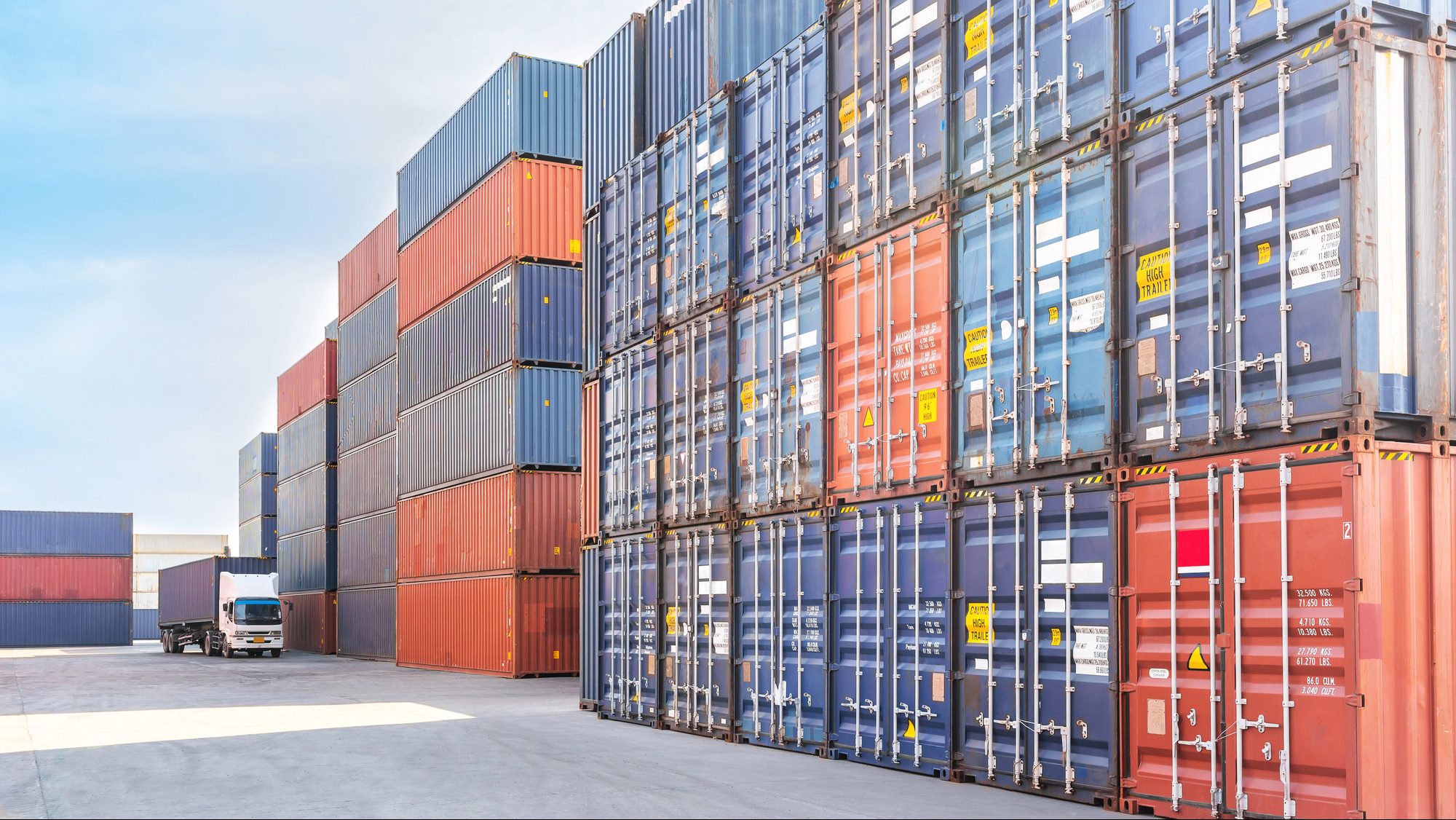MALAYSIA: Malaysia plans to strengthen its anti-dumping law in the next one to two months to protect local businesses from cheap imports, particularly from China, according to a high-ranking trade official, Bloomberg reported.
On Friday, in Singapore, Deputy Trade Minister Liew Chin Tong said in an interview that once the government has updated the anti-dumping law of 1993, it will make it easier for companies to file complaints.
Mr Liew said, “We are just trying to strengthen the rules,” explaining that the Chinese businesses, facing weaker demand at home, are looking for new markets to sell their goods.
In July, he mentioned the reforms in parliament as part of the government’s efforts to protect small and medium-sized enterprises from the impact of unfair trade spurred by an influx of low-cost imported goods.
Recently, Malaysia has also introduced provisional anti-dumping duties on some iron and steel products from China, India, Japan, and South Korea.
This issue is not unique to Malaysia. Other Southeast Asian nations are also considering raising tariffs or setting limits on imports to protect local industries from being undercut by cheaper foreign goods. In Indonesia, for example, the garment industry could lose hundreds of thousands of jobs if Chinese dumping continues.
Mr Liew suggested that Chinese companies form long-term partnerships with Malaysia and establish regional headquarters there, allowing Malaysians to be more involved in their investments by localising supply chains.
According to government data, Beijing is Kuala Lumpur’s top trading partner, with two-way trade totalling RM450.84 billion (S$136.45 billion) in 2023. China also accounts for 21.3% of Malaysia’s total imports.
Experts warned that Chinese dumping could increase if US President Donald Trump, returning to office, follows through on plans to raise tariffs on China. This might push Chinese companies to find other markets, including Malaysia. For now, Mr Liew said Malaysia does not plan to introduce its own tariffs or take preemptive actions.
He noted that “the first 100 days will be chaotic” under the new US administration. “We will have to see what is coming out from the new administration,” he added. /TISG
Read also: Forest City draws interest from 11 companies after JSSEZ deal
Featured image by Depositphotos (for illustration purposes only)

